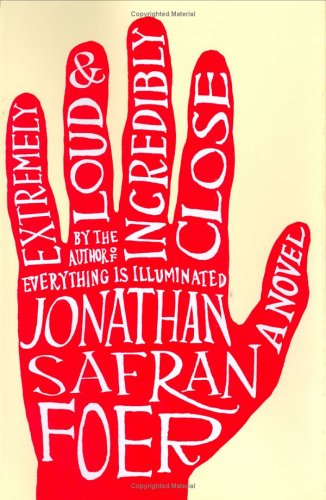
I first read this book as a high school senior. I had to write a research paper for my English class, and when I approached the teacher to tell her that I'd chosen this book, she told me that no high school student in her right mind would even attempt it - I got a 98% on the paper. Now, I re-read it for another class, this time one that focused on Russian history. Both times that I read the book, I fell in love with it.
I think that a lot of people who read this book are intimidated by its length - my current copy is 942 pages long. It doesn't help that the book has its slow parts - I personally don't find chapters that are entirely dedicated to Levin's thoughts on Russian agriculture to be particularly stimulating. But the book also has several passionate romances, devastating tragedy, personal turmoil... it's everything a good Russian novel should have.
I adore Tolstoy's character development. We start with Oblonsky, a shameless womanizer who breaks his loving wife's heart repeatedly and without consequence. Then there's Levin, who's in love with beautiful and innocent Kitty but lacks confidence in his ability to win her heart, especially when in contest with the dashing Alexey Vronsky. And finally, there's passionate Anna, married to cold and robotic Karenin, and falls in love with Vronsky, tearing him away from Kitty. It's a soap opera, but so much more deep and well-crafted than those that we see on television.
One thing that impresses me above all else is Tolstoy's portrait of the sexism in Russian society. He juxtaposes Anna's adultery with that of Oblonsky. Anna is crucified: she loses her husband (which she's not really disappointed about) and her son (which devastates her), she loses her pristine position in society, she becomes neurotic and paranoid, and she's ultimately driven to suicide (and in a most dramatic way - how many characters do you know who threw themselves under a train?!). Oblonsky, by contrast, loses absolutely nothing. His wife, though heartbroken, stands by him loyally, and his friends turn a blind eye to and even support his philandering. We also see several conversations about the lack of educational and professional opportunities for women, and though Tolstoy never comes right out and says it, we're lead to believe that he disapproves of this inequity. Considering that this book was published in the 1870s in a nation that was even more conservative than most, I think it's astonishing, refreshing, and extremely impressive to find a male author who was so liberal in his thinking.
There's no denying that this novel is challenging to read, but I think that it is well worth the extra effort. It's such a compelling story, with so much depth to it. I can't even begin to review every aspect of this book because there's just so much to it. But I can tell you that it's so worth reading, provided that you have the time to read it, because, be warned, it does require extra time and attention. But again, it is so, so worth it. So go out, get your copy, and start reading!

 Log in with Facebook
Log in with Facebook 









